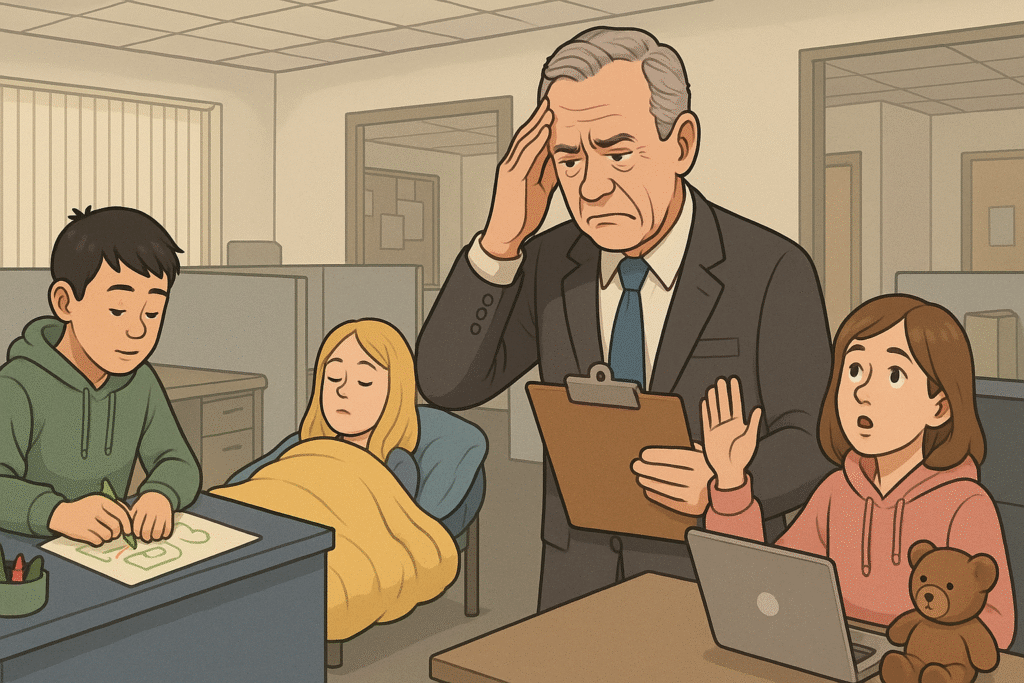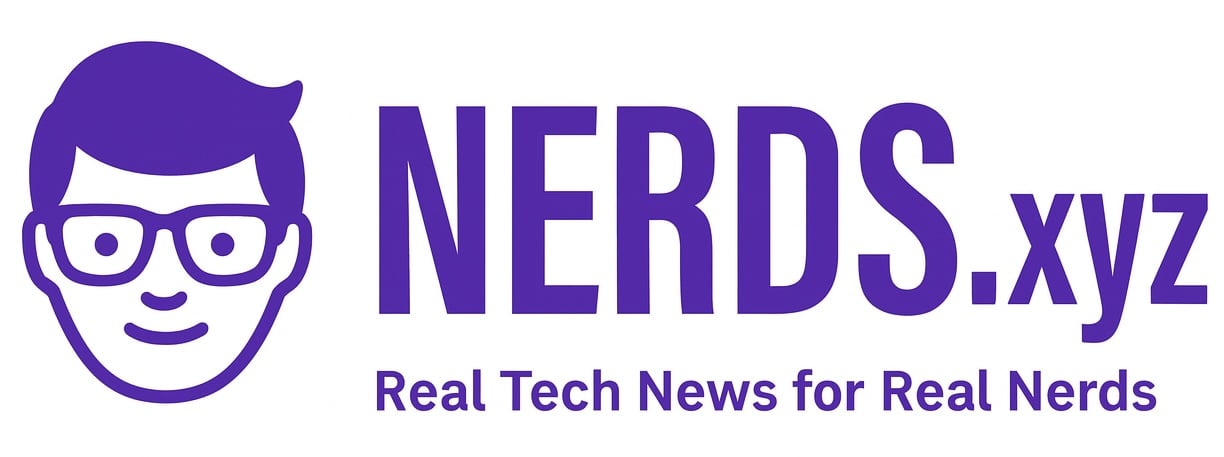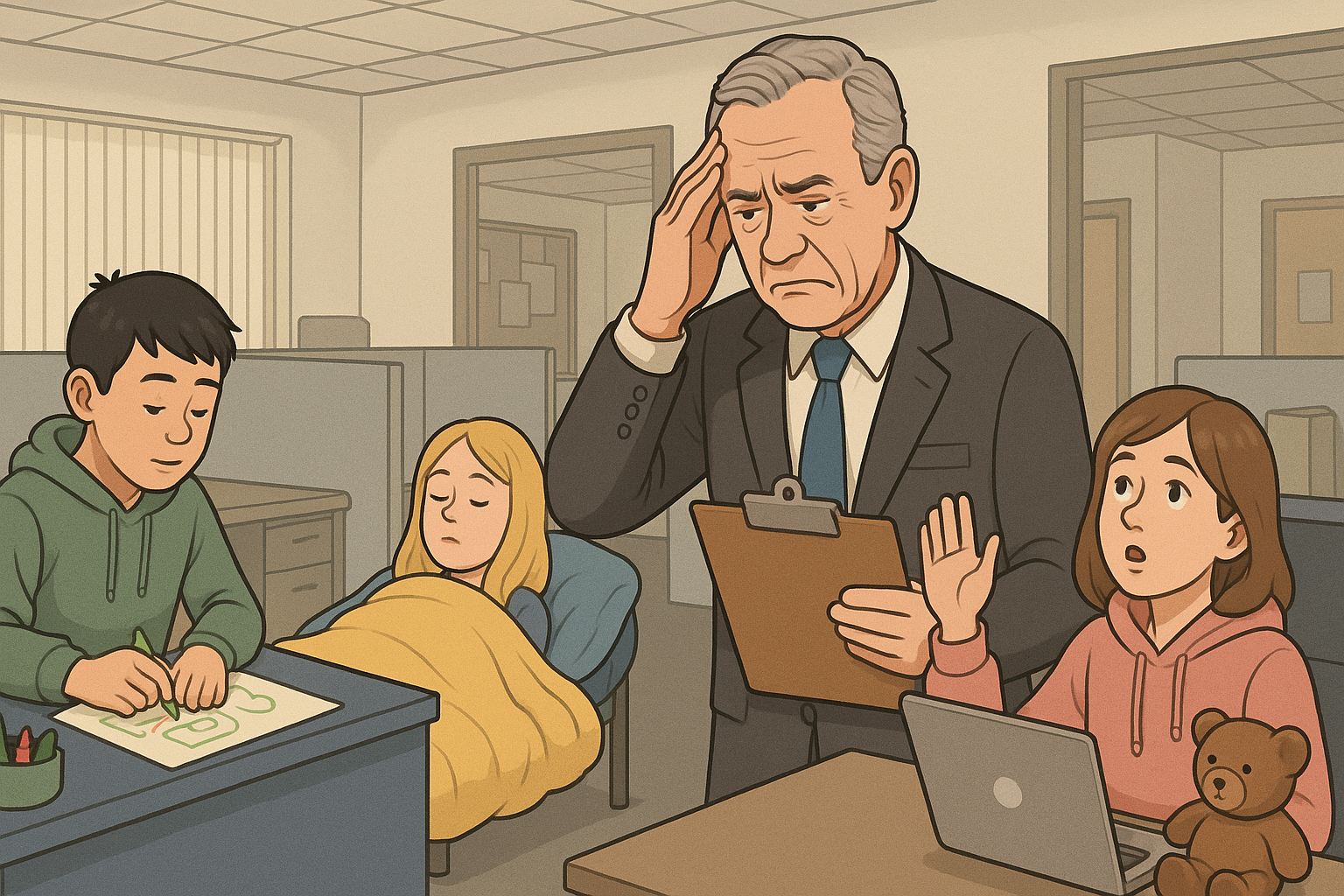
This might not come as surprise if you are currently in the workforce, but supervising Gen Z workers often feels more like babysitting than managing. That’s according to a new report from ResumeTemplates.com. Based on survey responses from 1,000 U.S. managers, it paints a scary picture of frustration, hand-holding, and mismatched expectations in today’s multigenerational workplace.
The numbers are hard to ignore. Sixty-eight percent of surveyed managers said overseeing Gen Z employees feels more like parenting than actual leadership. More than half, 54 percent, went further and likened it to babysitting. Many managers say they spend their time walking younger workers through basic tasks, checking in multiple times a day, and explaining what older employees would already know how to do.
A full 61 percent of managers reported that their Gen Z staff require frequent guidance to complete their work. Over half say these workers often struggle with following simple instructions. One out of every three managers said they find themselves checking in four or more times a day with their youngest employees.
So what’s going on here? Julia Toothacre, Chief Career Strategist at ResumeTemplates.com, thinks part of the problem is timing. “Gen Z’s entry into the workforce looked really different from previous generations because of the pandemic,” she said. “Many missed out on in-person training and onboarding.”
That lack of exposure seems to have consequences. Nine out of ten managers say they’ve had to teach basic professional skills to their Gen Z reports. The most common lessons? Things like accepting feedback without becoming defensive, communicating properly with clients and coworkers, multitasking, and even owning up to mistakes. A surprising number also mentioned that they’ve had to remind their younger workers to dress appropriately, show up on time, and clean up after themselves.
The report also included several anonymous quotes from frustrated managers. One said, “Sometimes I feel like we are at daycare, to be honest.” Another added, “They act like I am their parent.” Others complained about teenage-like behavior or an overreliance on constant guidance.
That said, the solution may not be to just blame Gen Z and call it a day. Toothacre suggests that companies need to do more to support managers, especially those working with early-career professionals. Internships, group training programs, and better onboarding could ease the burden. If managers are stretched too thin, the whole team suffers.
This also raises broader questions about how expectations in the workplace have shifted. Gen Z grew up in a completely different environment. They’ve been surrounded by smartphones, social media, and instant communication their entire lives. What some see as rudeness might actually be social discomfort. What looks like laziness may be a lack of experience navigating professional norms.
And then there’s the so-called “Gen Z stare,” a trend that’s sparked debate online. Younger workers often use long pauses or unblinking expressions in conversation, which older managers sometimes misread as disrespect. But for Gen Z, it might just be the result of years spent in virtual classrooms with cameras off and microphones muted.
This isn’t the first time a new generation has shaken up the workplace, and it won’t be the last. The real question is whether employers are willing to adapt and support all of their workers, or whether they’ll keep framing this divide as a moral failing.
The full report, which includes detailed survey results and more manager testimonials, is available at ResumeTemplates.com. It’s worth a read for anyone who works in HR, management, or just wants to understand what’s really going on between the generations.
Whether you’re managing Gen Z, working alongside them, or part of the generation yourself, one thing’s clear, folks, the workplace is changing fast. The better we understand each other, the better we all work.


